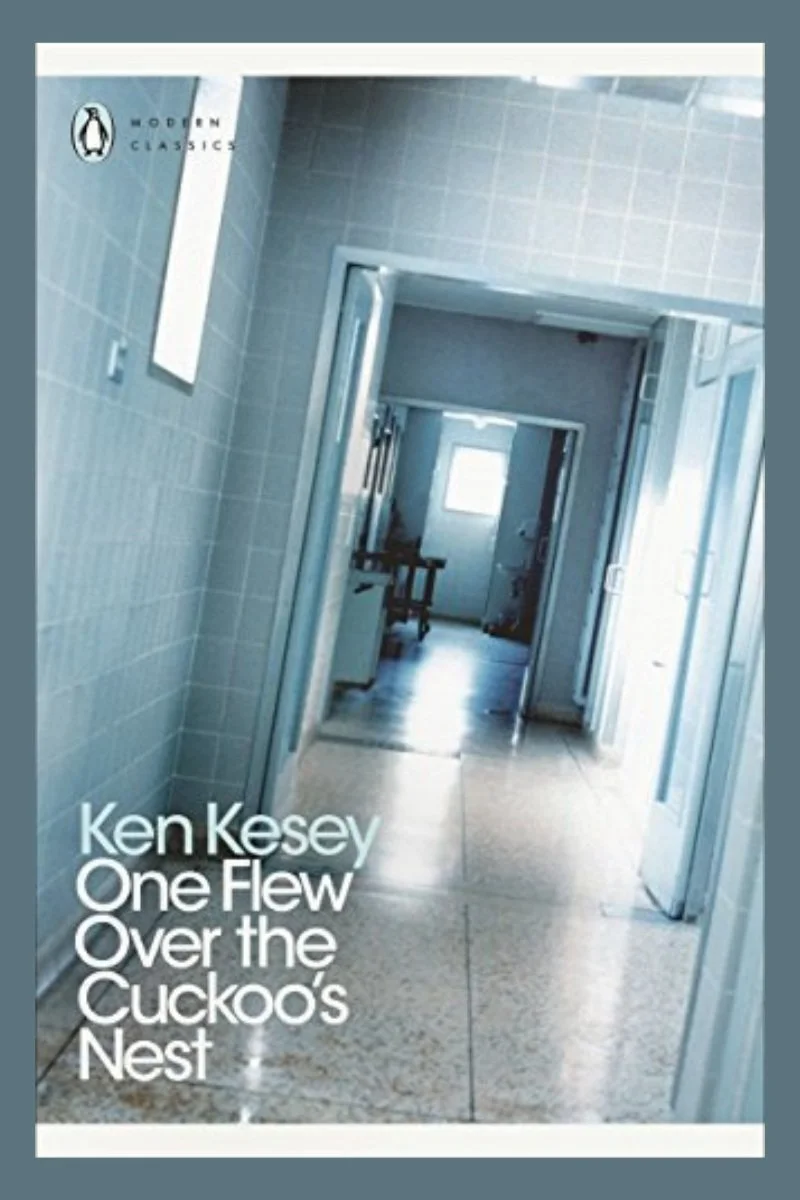The People in the Trees – Hanya Yanagihara
Expectation: A rough around the edges but captivating debut by Hanya Yanagihara.
Reality: Bloated and centered on a main character with zero redeeming qualities, this was a chore to complete.
My Take:
At 88 percent of the way through “The People in the Trees,” Hanya Yanagihara finally acknowledges what is wrong with her main character, Norton Perina, and why this is such a frustrating read.
The adopted father of more than 40 children from Ivu'ivu, the remote Micronesian island whose destruction he helped shepherd in the name of scientific progress, Perina recounts a typical conversation he has with his children once they reach the age to understand his dastardly deeds.
“…they had long considered me a colonialist, a eugenicist, and an enemy of native cultures (the terms Hitlerian, white man’s privilege and racial holocaust usually made an appearance).”
Perina casually acknowledges that may be the common perception of him — both by his children and broader society — but he still thinks he deserves credit, acclaim and congratulations for his life’s work.
In other words, the main character — and basically the only character given any sort of development in “Trees” — is an egotistical, self-aggrandizing narcissist who also happens to be a child molester.
Sounds like a great read, huh?
I went into this knowing it is widely maligned by fans (like me) of Yanagihara’s later works, “A Little Life” and “To Paradise,” but I was not expecting to loathe it as much as I did.
My disdain is really due to three things:
Norton Perina. Yes, Yanagihara makes it clear in the beginning he is a challenging person, but I had no idea the depths of his evil and lack of remorse. It is near impossible to dedicate almost 400-pages of a fictional novel to a character that has zero redeeming qualities. That’s asking way too much of a reader.
The world building. It’s fascinating to see some hallmarks of Yanagihara’s later writing crop up in her debut. Whereas her later works have a good balance of world and character building, she spent way too much time on details about Ivu'ivu and scientific research, even going so far as to include footnotes that in some cases take up PAGES. The book read more like anthropological nonfiction rather than historical fiction. Did we need every little detail to fully understand the scope of the situation? No, we did not.
The abuse. “A Little Life” features several passages of horrible physical and sexual abuse, but those didn’t bother me in the same way as the animal abuse and child rape here. Even though it was a less frequent occurrence than in “Life,” without the anchor of a character you care about, and who is feeling the effects of the abuse versus watching with detached fascination, made these sections incredibly jarring.
All told, I would’ve given up on this book about 30 percent of the way in had I not already been a fan of the author. I really cannot recommend anyone read this — even those that are interested in experiencing the full scope of Yanagihara’s work. She has certainly progressed in her writing, so there’s no need to see where it started.
The audiobook also didn’t help. Narrated by Arthur Morey and William Roberts, their deliveries are almost identical making it difficult to tell the two apart. What was interesting is that the footnotes were read, however this became distracting as they grew in length and frequency. There wasn’t much propulsion with the plot but cutting in to read a footnote certainly killed momentum.
A newer version of the audiobook has been released with Mark Bramhall and BD Wong (who was phenomenal in Part III of “To Paradise”), but it’s an hour longer than the version I listened to and, honestly, I wouldn’t spend a minute more than was needed with this book.
Rating (story): 2/5 stars
Rating (narration): 2/5 stars
Formats: Audiobook (library loan)
Dates read: September 18 – September 26, 2022
Multi-tasking: Encouraged. You’ll miss a lot of the detail and world-building due to the dull narration and overstuffed plot, but that’s perfectly fine.





